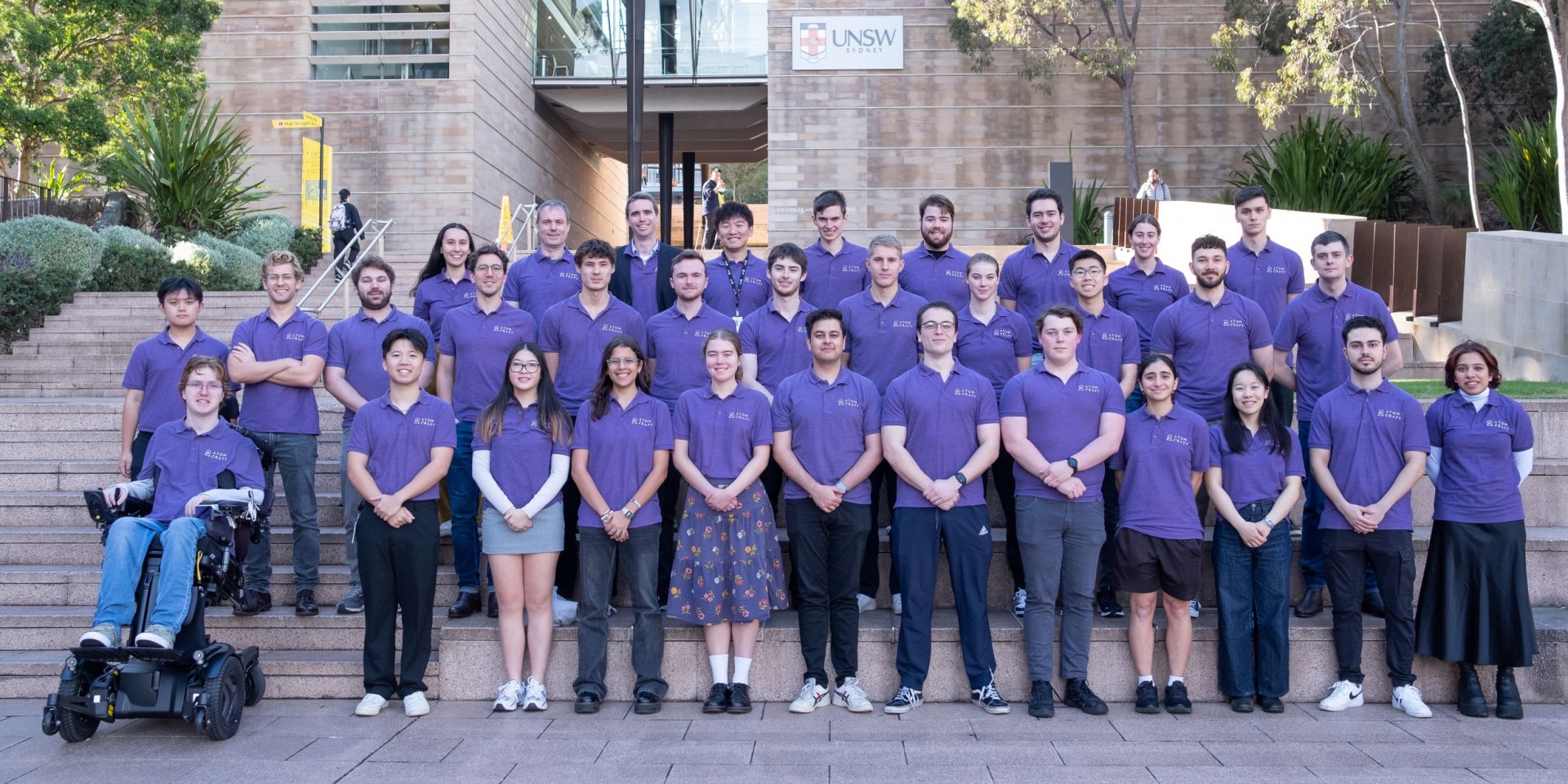The cross-disciplinary AtomCraft team. (Photo: University of New South Wales)
Commercial nuclear power is illegal in Australia, and it has been since the 1990s. This past June, however, the country’s main opposition party announced plans to build seven commercial nuclear reactors in the 2030s and 2040s on sites presently occupied by aging coal-fired plants—should the party’s Liberal–National Coalition win power in federal elections next year. This statement has reignited a public debate regarding the potential role of nuclear energy in Australia.
A technician works inside OPAL's reactor vessel during the maintenance and upgrade project. (Photo: ANSTO)
The only nuclear reactor in Australia has returned to power after a monthslong shutdown for planned essential maintenance and upgrades. The OPAL (for open-pool Australian light water reactor) research reactor at the Australian Nuclear Science and Technology Organization (ANSTO) campus in Sydney successfully went through the most significant engineering maintenance and upgrade project in its 17-year history.
The Honeymoon uranium project in South Australia. (Photo: Boss Energy)
The board of Boss Energy Limited has made a “final investment decision” to develop the Honeymoon in situ uranium project in Australia, the Perth-based company announced last week. Boss said it will now accelerate engineering, procurement, and construction to ensure that Honeymoon—located in South Australia, near the border with New South Wales—remains on track for first production by December 2023, ramping up to a steady-state rate of 2.45 million pounds of U3O8 per year.
Two battery Megapacks were destroyed in a July fire at Victorian Big Battery. Each battery is about the size of a standard shipping container. (Photo: Country Fire Authority)
Australia’s two large lithium-ion storage batteries are getting attention for all the wrong reasons. Hornsdale Power Reserve, a 150-MW battery collocated with a wind farm in South Australia, is being charged in federal court with failing to deliver on promises to respond to grid demands, and of being technically unable to deliver under the terms it was being paid to meet. Proceedings were filed September 22, just before the testing of a second Tesla-manufactured “Big Battery” resumed after a two-month delay following a fire in July.









